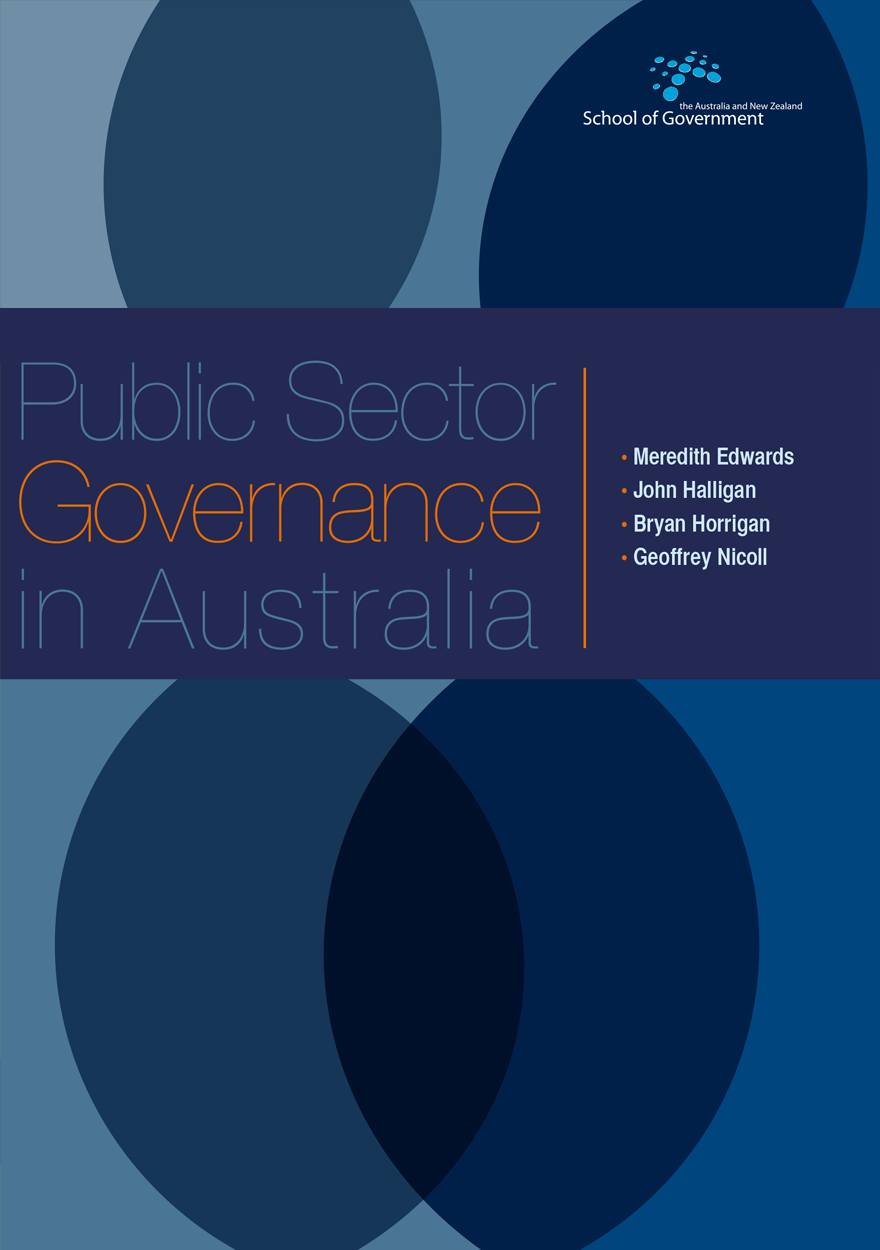John Halligan
John Halligan is a Research Professor of Government and Public Administration, School of Business and Government, University of Canberra, Australia.
His research interests are comparative public management and governance, specifically public sector reform, performance management and government institutions. He specialises in the Anglophone countries of Australia and New Zealand, and for comparative purposes, Canada and the United Kingdom. Current studies are Corporate Governance in the Public Sector, Performance Management, and a comparative analysis of public management.
John Halligan’s recent co-authored books are Managing Performance: International Comparisons, Routledge, London, 2007; and Parliament in the 21st Century, Melbourne University Press, 2007.

Public Sector Governance in Australia »




